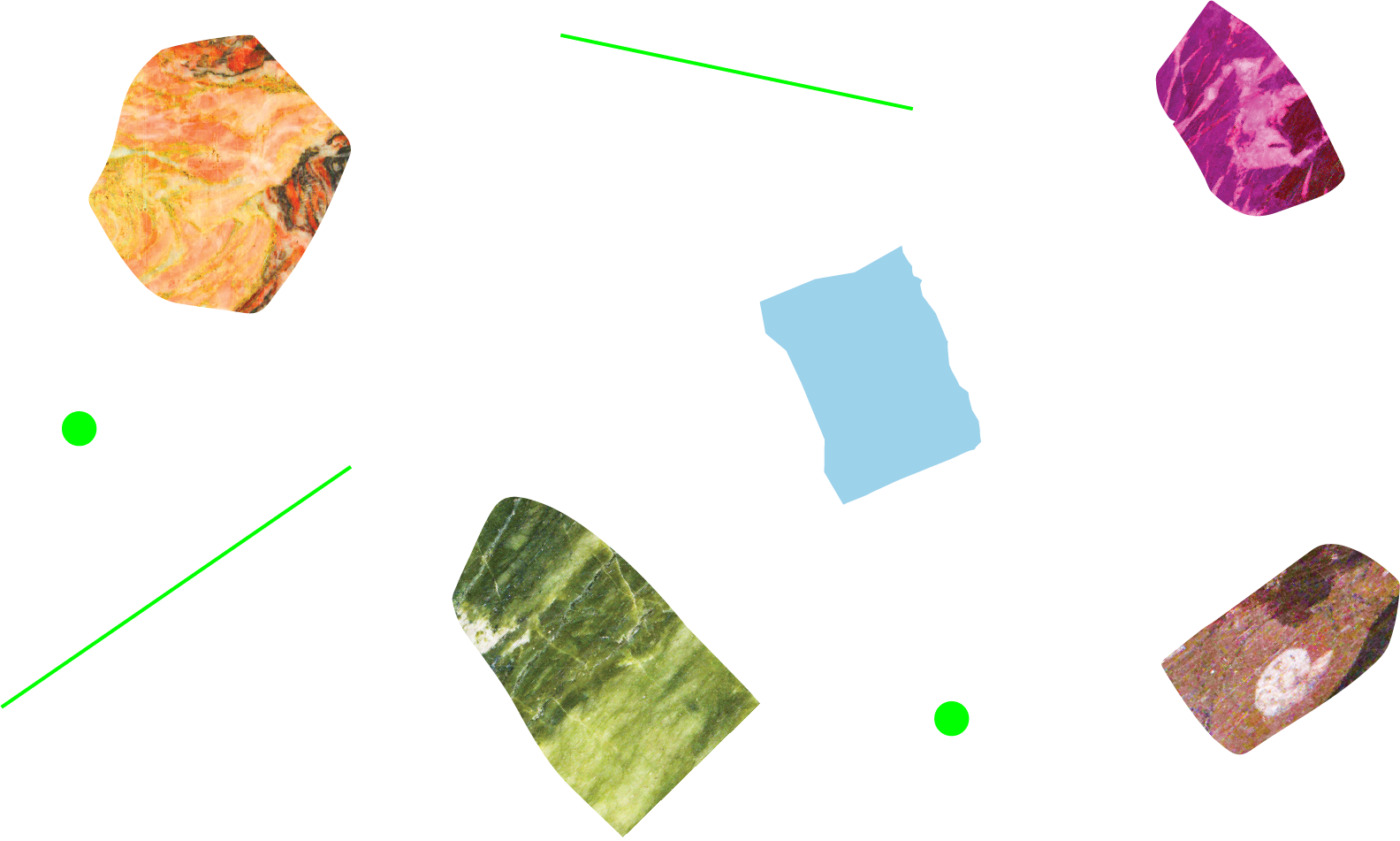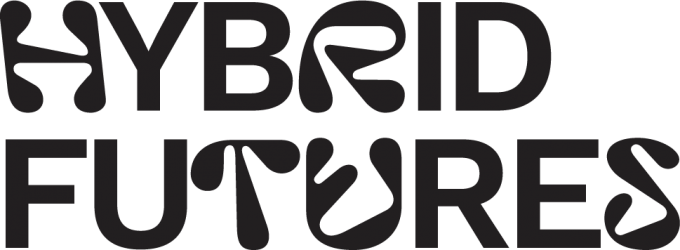Summary – Collective Futures
How might we best respond to the climate crisis?
Collective Futures has focused on hearing from invited guests – artists, community activists and cultural strategists. Reflection has been a big part of the group’s sense-making, combining facts, feelings, interpretations and unlocking personal and professional relevance. The programme has given those involved new ways to think about their own work and working practices and begin to embed these individual and collective responses at carefully considered pace. The programme has led to direct action and infiltrated unexpected spaces, changing the way people think about their everyday activity for example – whether their actions go beyond sustainable to regenerative.
“…the take away for me: the difference between sustainable and regenerative practices was a real piece of learning for me.”
“I’d like to broaden and deepen my understanding of what it means to have a regenerative mindset.”
Direct Short Term Outputs
- creation of an urban garden,
- ambition and advocacy to create a community driven university course – sustainable photography, arts and climate acceleration programme,
- ambition to embed artists in school working with moss and dedicated nature group
- drive to examine operational practices – team reflection, digital footprints and application of the Collective Futures model,
- application of what is means to be regenerative,
- active, independent collaborative between the collective – engaging school pupils from Rochdale in Manchester
- the formation of strong, supportive bonds between the collective, across geographies and sectors – with a desire to continue to continue to provoke and share together.
‘The effect of these workshops will still be felt much later down the line.”
“Revelling in the ‘just do it’ mentality, unconstrained by KPI and organisation hierarchies -[these artists are] living their politics on a daily basis, anarchic and anti-capitalist – found it inspiring.”

